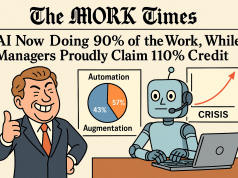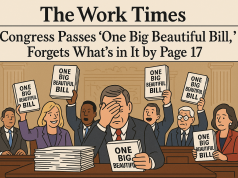As the world continues to adjust to the ripple effects of the pandemic, the norms governing the workplace are under scrutiny. Perhaps no other facet of work has been as significantly disrupted as employee compensation. The rise of remote work is not just a temporary shift but a redefinition of the workspace, compelling Chief Human Resource Officers (CHROs) and businesses to reimagine compensation structures.
The traditional compensation models, often tethered to physical presence and geography, are proving inadequate in the new landscape. The question of fairness and equity arises as employers wrestle with the complexities of a decentralized work environment. How do we equitably compensate employees who live in different locales with varying costs of living? Is it fair to adjust salaries based on location, or should a flat, global rate be adopted?
The answers to these questions are not simple, and they reflect deeper values about work culture and business priorities. A one-size-fits-all approach is unlikely to suffice. Instead, CHROs must craft bespoke compensation packages that recognize individual circumstances while upholding the company’s ethos.
One emerging trend is the integration of flexible benefits. These allow employees to pick and choose from a buffet of options that best suit their needs—be it healthcare, childcare, or wellness programs. Such flexibility is not only an indicator of a company’s empathy but also its adaptability to the diverse needs of its workforce.
Another consideration is the adoption of location-independent salaries, which challenge the conventional wisdom of geographical pay scales. While this can mitigate disparities, it also raises concerns about its impact on local labor markets and cost structures.
Furthermore, the intangible aspects of compensation—such as professional growth opportunities, work-life balance, and company culture—are becoming increasingly pivotal in attracting and retaining top talent. The post-pandemic workforce values meaningful work and personal wellbeing as much as, if not more than, monetary compensation.
As we delve into these issues, we invite thought leaders, industry experts, and human resource professionals to engage in this critical dialogue. Your perspectives are invaluable in shaping a more equitable and just framework for employee compensation—one that resonates with the ethos of our time.
What will the future hold for remuneration in the age of ubiquitous remote work? As companies navigate uncharted waters, the stakes are high to design compensation models that not only meet the practical demands of business but also reflect a deeper commitment to the welfare and satisfaction of every employee. This is the equity equation that we must solve together, as we build the future of work, worker, and workplace.


























